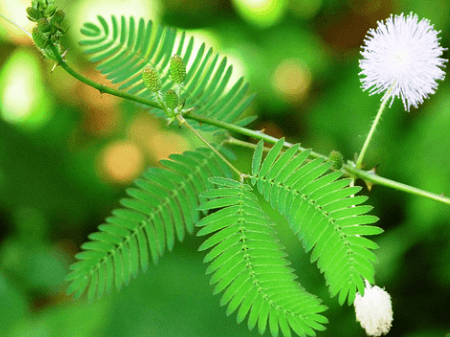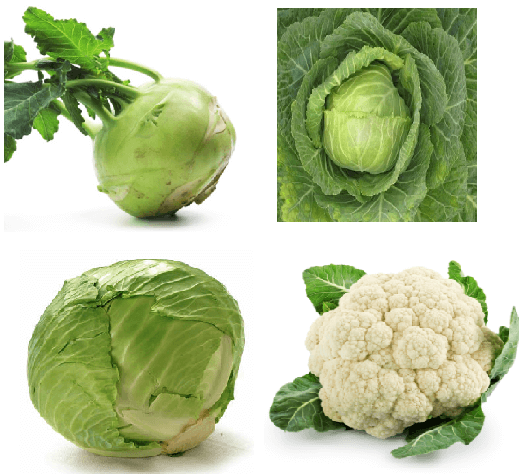Health benefits of Dandelion herb
Fresh dandelion greens, flower tops, and roots contain valuable constituents that are known to have anti-oxidant, disease preventing, and health promoting properties.
Fresh leaves are very low in calories; providing just 45 calories per 100 g. It is also good source of dietary fiber (provide about 9% of RDA per 100 g). In addition, its latex is a good laxative. These active principles in the herb help reduce weight and control cholesterol levels in the blood.
Dandelion root as well as other plant parts contains bitter crystalline compounds Taraxacin, and an acrid resin, Taraxacerin. Further, the root also contains inulin (not insulin) and levulin. Together, these compounds are responsible for various therapeutic properties of the herb.
Fresh dandelion herb provides 10161 IU of vitamin-A per 100 g, about 338% of daily-recommended intake, one of the highest source of vitamin-A among culinary herbs.
Vitamin A is an important fat-soluble vitamin and anti-oxidant, required for maintaining healthy mucus membranes and skin and vision. Its leaves are packed with numerous health benefiting flavonoids such as carotene-ß, carotene-a, lutein, crypto-xanthin and zea-xanthn.
Consumption of natural foods rich in vitamin-A and flavonoids (carotenes) helps body protect from lung and oral cavity cancers. Zeaxanthin has photo-filtering functions and protects retina from UV rays.
The herb is good source of minerals like potassium, calcium, manganese, iron, and magnesium. Potassium is an important component of cell and body fluids, which helps regulate heart rate and blood pressure. Iron is essential for red blood cell production. Manganese is used by the body as a co-factor for the antioxidant enzyme, superoxide dismutase.
It is also rich in many vital vitamins including folic acid, riboflavin, pyridoxine, niacin, vitamin -E and vitamin-C that are essential for optimum health. Vitamin-C is a powerful natural antioxidant. Dandelion greens provide 58% of daily-recommended levels of vitamin-C.
Dandelion is probably the richest herbal sources of vitamin K; provides about 650% of DRI. Vitamin-K has potential role in bone mass building by promoting osteotrophic activity in the bones. It also has established role in the treatment of Alzheimer’s disease patients by limiting neuronal damage in the brain.
Dandelion herb contains notable nutrients and is a great source of nutrition during winter
This humble backyard herb provides (%of RDA/100g)-
9% of dietary fiber,
19% of vitamin B-6 (pyridoxine),
20% of Riboflavin,
58% of vitamin C,
338% of vitamin A,
649% of vitamin K,
39% of iron and
19% of calcium.
(Note: RDA-Recommended daily allowance)


